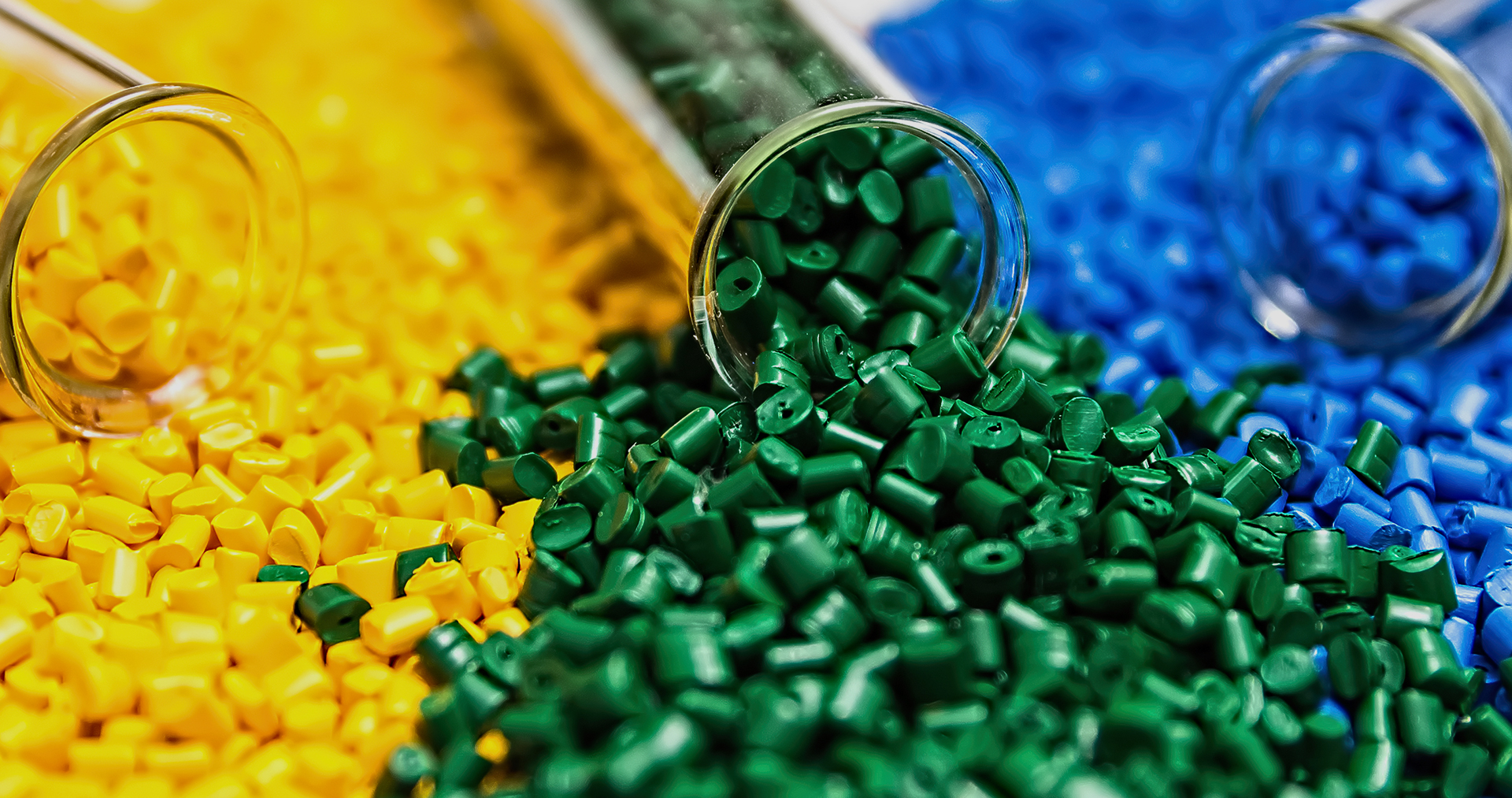
C-PVC is a thermoplastic material made of polyvinyl chloride (PVC) through chlorination. The chlorination process of PVC resin consists of exposure to chlorine gas and the disruption of hydrogen atoms by substituting a chlorine atom instead along the polymer chain. Therefore, C-PVC has better heat resistance, chemical resistance, and flame retardancy than traditional PVC elements.
C-PVC has various advanced properties which makes it suitable for application across industries. Here’s why:

In contrast to PVC, CPVC exhibits better heat resistance; it can therefore withstand higher temperatures without deforming or degrading. Such a characteristic of C-PVC makes it an ideal candidate for hot water piping systems, which require improved performance under elevated temperatures for the sake of continued reliability and safety.

The chlorination process strengthens the chemical resistance in C-PVC, making it an ideal choice for applications where there is contact with corrosive substances or aggressive chemicals.

C-PVC has built-in fire safety features that offer protection from ignition and delay the spread of flames. This property boosts fire safety in applications that need fire resistance i.e. building materials, electrical enclosures, and industrial equipment.

Though modified, C-PVC is still compatible with existing PVC piping systems and components. This suitability facilitates the smooth incorporation of C-PVC pipes and fittings into PVC-based infrastructure without calling for substantial adjustments or extra expenses.
Here are some common use cases and applications of C-PVCs across various industries:
 Chemical industry
Chemical industry C-PVC pipes are recommended due to their capacity to transport highly corrosive substances such as acids and solvents without corroding or degrading. These ensure the safe and reliable transport of chemicals within industrial plants.
C-PVC is a great material for making storage tanks because of its chemical resistance. It gives a safe and corrosion-resistant solution for storing harmful chemicals.
C-PVC is widely used for fabrication of different chemical processing equipment including reactors and vessels which involve resistance to chemical degradation, and therefore ensure long-term reliability in harsh processing environments.
 Water treatment industry
Water treatment industry C-PVC pipes are one of the main pipelines of water treatment plants and distribution systems due to their resistance to corrosion and scaling which safeguards the safe and efficient transportation of drinkable water to consumers.
The C-PVC piping systems in desalination plants are designed to manage brine solutions and treated water. These systems offer high corrosion resistance ability in saltwater environments to maintain operational integrity.
C-PVC parts are used in water filtration equipment like filters and membranes with the ability to interact with water treatment chemicals and the durability under tough operation conditions makes the process of water purification effective.
 Building and construction industry
Building and construction industry The C-PVC pipes are very suitable for hot water systems in buildings since they offer a durable and reliable means of conveying hot water without the risk of degradation or breakage.
C-PVC pipes used in fire sprinkler systems provide flame-resistant qualities and corrosion resistance, thereby enabling water distribution for fire suppression to protect buildings and occupants.
C-PVC profiles in construction used for the structural purpose of window and door frames give structure durability, thermal insulation, and resistance against weathering which in the long run result in the longer lifespan of building structures.
 Electrical industry
Electrical industry Thanks to its excellent electrical properties and flame retardancy, C-PVC is widely used as a fire-resistant insulation material for electrical wires and cables, delivering safety and reliability in electrical systems.
C-PVC conduit systems prevent wiring from corrosion and mechanical damage in homes, offices, and industries by providing safe and secure housing for wiring.
C-PVC enclosures and junction boxes provide strength, chemical resistance, and flame retardancy characteristics that guarantee the safety of electrical components from environmental hazards and thus lead to reliable operation for many applications.
 Aquaculture industry
Aquaculture industry C-PVC pipes promote water circulation, aeration and waste management in aquaculture facilities and their resistance to saltwater and other chemicals in the industry enables them to maintain optimum conditions required by aqua organisms.
C-PVC liners are water resistant and they hold tanks and ponds in aquaculture activities that keep an aquatic environment safe and protect the organisms from leaks or contamination.
In aquariums, C-PVC components such as filters, pumps, and piping systems ensure compatibility with aquatic surroundings and stability while submerged to provide the health and happiness of aquatic life in controlled environments.


We would love to hear from you. Whether you have a question about our products, need advice on choosing the right materials, or want to learn more about our sustainability initiatives, our team is here to help. Please reach out to us at